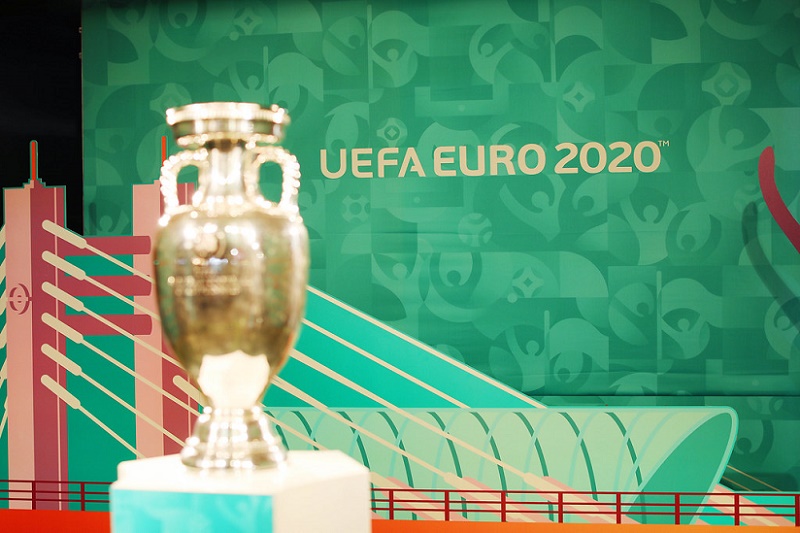All You Need to Know About Euro 2021
The recent situation in the world saw the European Championships moved for the first time in its 60-year history.

Through June and July, the finest international teams in Europe were due to compete for the Henri Delaunay Trophy, in a unique 24-team format that saw host cities placed around the continent. Instead, with all major sporting events canceled, it has been rescheduled for next June. The competition will still be known by its original name, Euro 2020, despite the change in the year.
The reshuffling has meant that several nations, including Romania, the Republic of Ireland, and Iceland are still unsure as to whether they will feature or not. They are all part of a 16-team playoff pool that will provide four teams to the existing 20 that have already qualified and been drawn into groups.
Fans will see those games take place in October and November this year, with one from each pool of four qualifying for the main tournament. The competition will then take place the following June, where Italy is scheduled to kick off the tournament against Turkey at the Stadio Olimpico in Rome.
Group A boasts Italy, Turkey, Wales, and Switzerland, with games taking place in Rome and Baku, Azerbaijan. Group B is also complete, Denmark, Russia, Belgium, and Finland coming together in Copenhagen and St Petersburg. The remaining four groups have yet to see their line-ups confirmed as the play-offs will provide one team to each.
Group C currently has Netherlands, Ukraine, and Austria in it, with Amsterdam and Bucharest hosting the games. If Romania will be in Pool A, they will become the fourth team in the group as Bucharest is hosting games. If Romania do not win Pool A, then one from Georgia, Belarus, North Macedonia or Kosovo will claim the final spot.
Group D is more straightforward, World Cup semi-final opponents England and Croatia are joined by the Czech Republic in matches played in London and Glasgow, with one from Scotland, Israel, Serbia and Norway joining them. Group E contains Spain, Sweden, Poland, and one from Bosnia and Herzegovina, Northern Ireland, Slovakia or the Republic of Ireland. There are some doubts that Spain can host matches though, which TalkSport reveals could result in a format change.
Without a doubt, all eyes will be on the terrifying Group F. It boasts current holders Portugal, World Cup winners France and another of the pre-tournament favorites, Germany. In Bwin’s look at the most successful international teams, they note that Germany is the strongest force in Europe, which makes the trio arguably the absolute best world football has to offer right now. They will be joined by either Bulgaria, Hungary, Iceland or, if Romania wins that pool, one of Georgia, Belarus, North Macedonia, or Kosovo, with matches scheduled to take place in Budapest and Munich.
The final format and location of the matches are yet to be officially confirmed; the postponement of the competition has presented some of the stadiums with booking issues. Some have lucrative music events booked for June and July 2021, which will have to be rescheduled, whilst both Rome and Bilbao are unsure as to the safety of hosting such events until the current crisis eases a little.
One thing is for certain; none of the leading nations have failed to qualify and when a ball is finally kicked, it will signal the start of arguably the greatest single European Championship since they began in 1960.
(Disclaimer: The opinions expressed are the personal views of the author. The facts and opinions appearing in the article do not reflect the views of Devdiscourse and Devdiscourse does not claim any responsibility for the same.)










